“Nick Turpin was born in London, UK in 1969, Studied ‘Art and Design’ at the University of Gloucestershire then ‘Photography, Film and Video’ at the University of Westminster until 1990 when he left to work as a staff photographer with The Independent Newspaper leaving in 1997 to pursue a second career in Advertising and Design photography. In 2000 Nick was the founder of the international street photographers group in-public and in 2010 he established Nick Turpin Publishing. Nick has also taught and lectured on contemporary street photography at Museums, Universities and on TV.”
“Biography of Street Photographer Nick Turpin.” n.d. Accessed March 26, 2021. https://nickturpin.com/bio/.
Nick Turpin was one of our visiting lecturers who came and shared his career and life experiences. It was interesting to listen to the development of this work, both in a commercial and personal way. His journey began as a newspaper photographer which perhaps ignited his love for street photography which is now at the center of his career. With his self-published book “10 years of in public” and a list of many other books and prints that he has for sale. He now runs photography workshops as well as university lecturing.
On the Night Bus
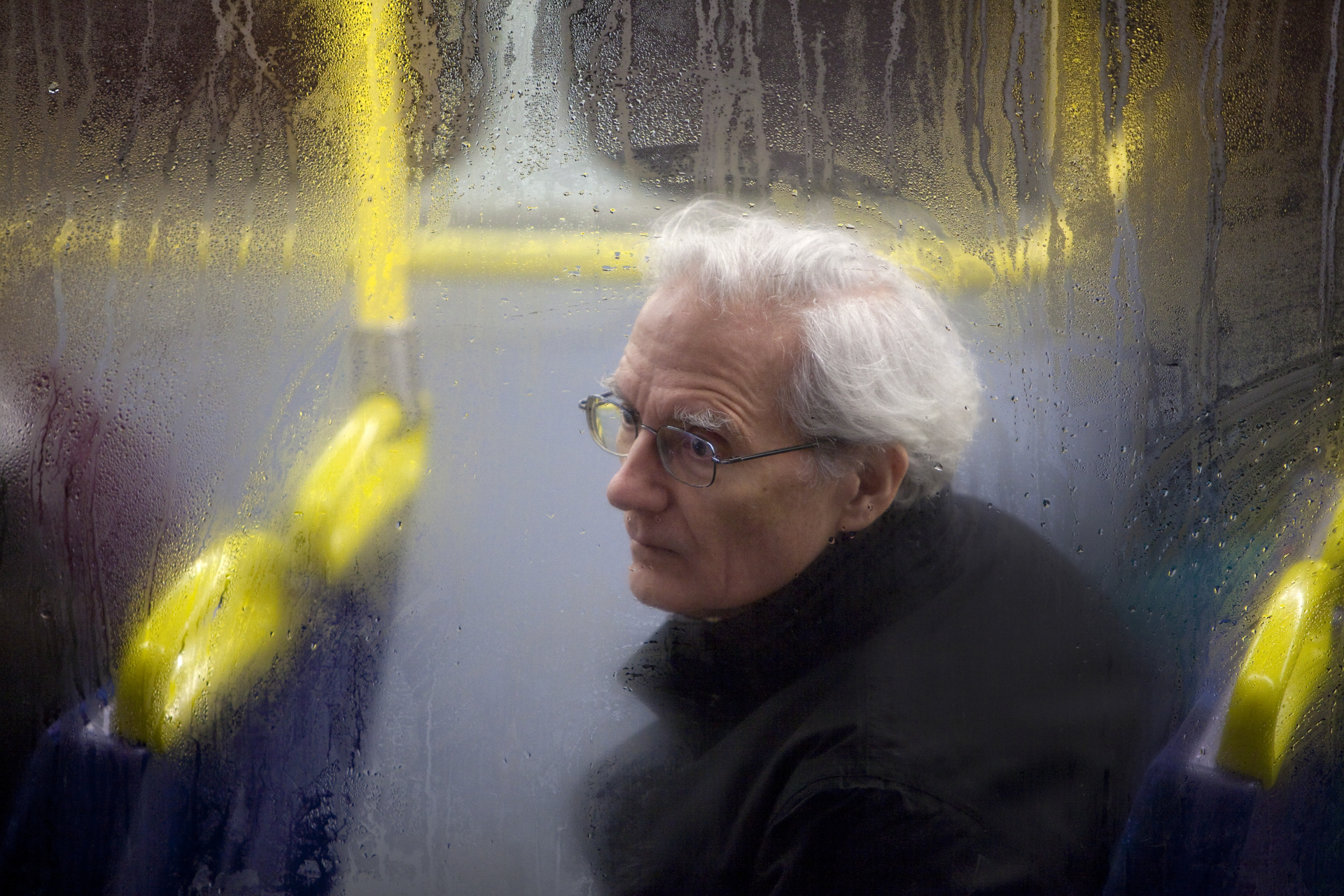
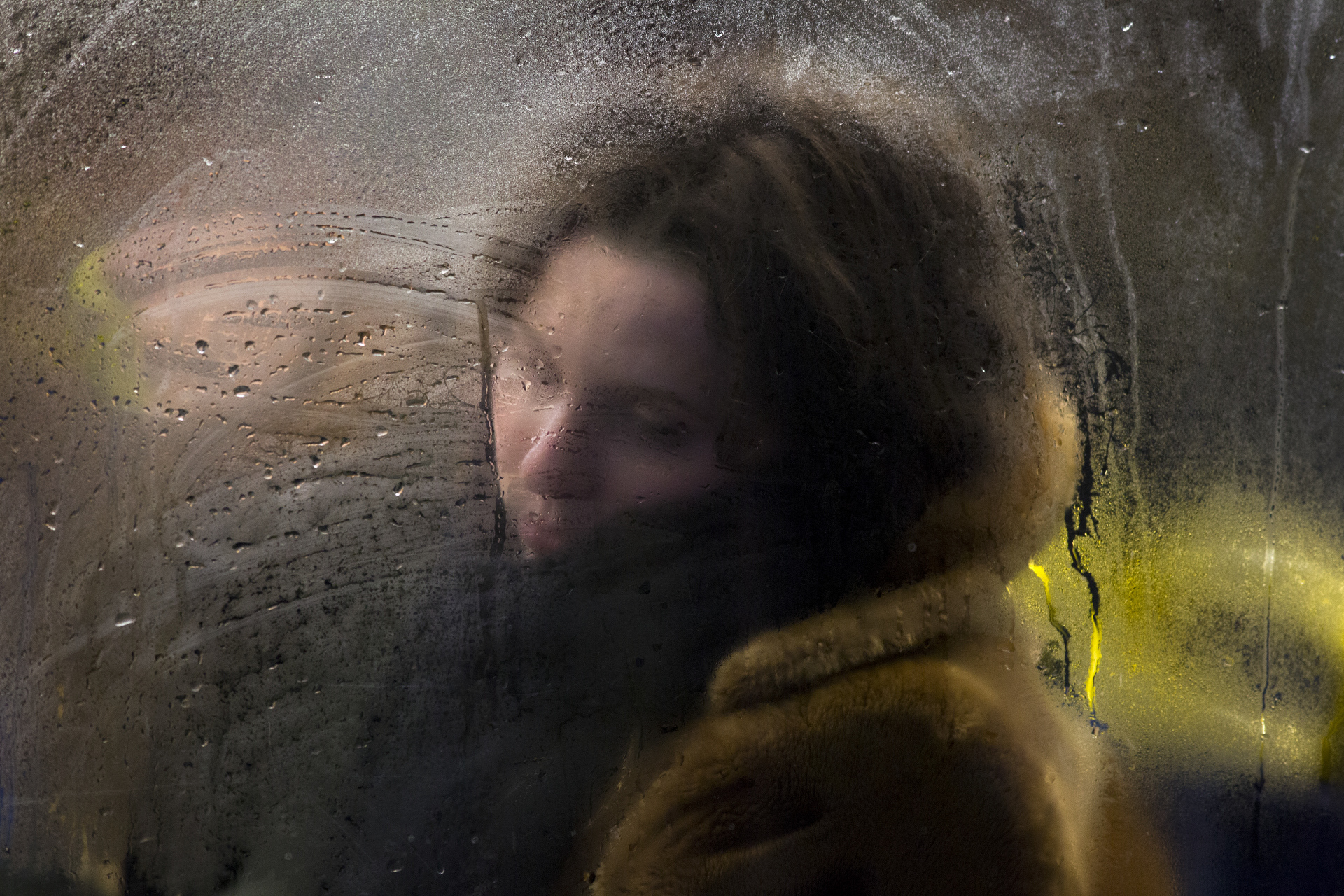
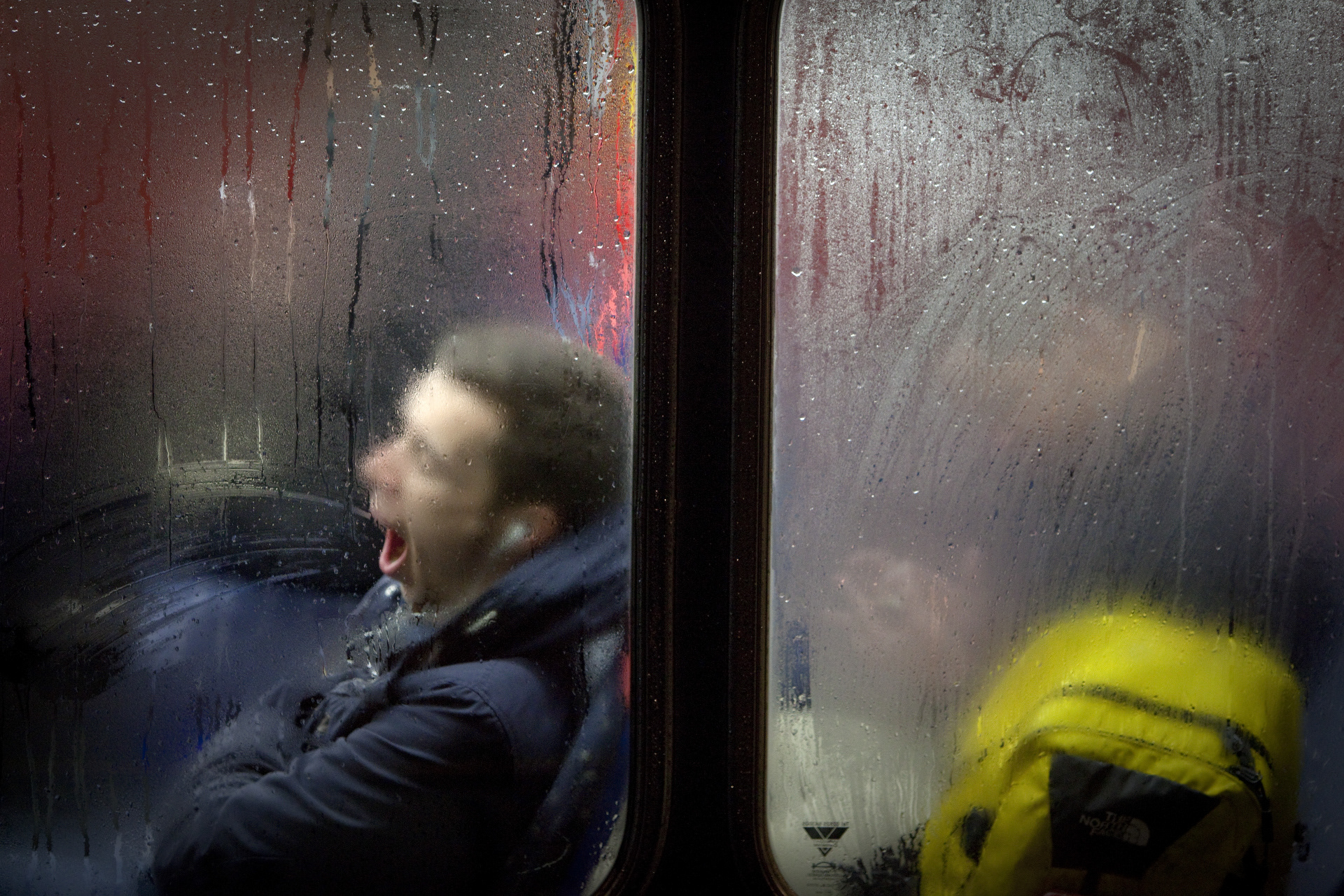
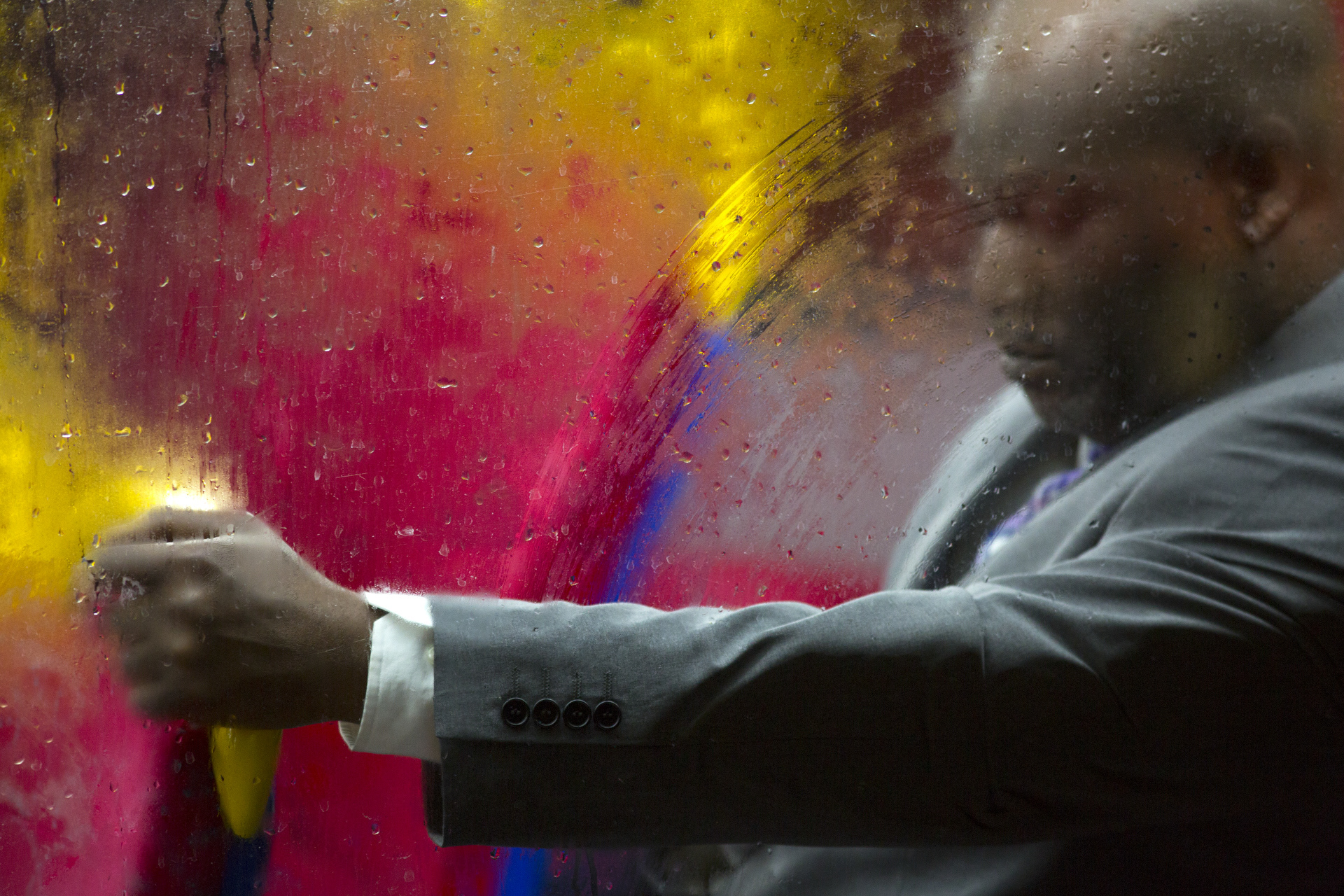
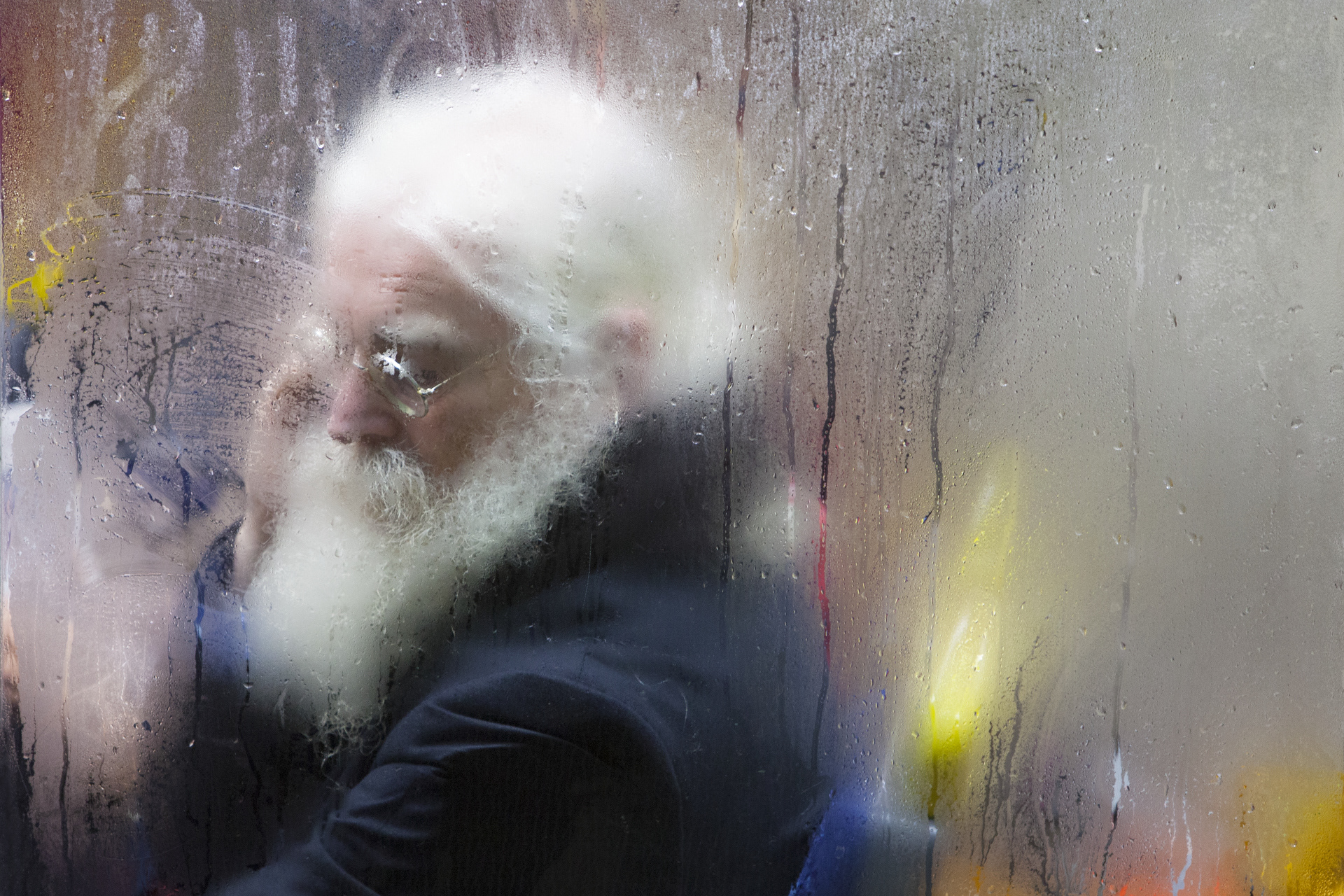
Turpins series “On The Night Bus” resonates with me as this series is mediated in such a way that differs from the contemporary street photography that I am used to seeing. The candid, vibrant yet soft photographs tell a narrative of bus commuters on their way out of the center of London. Some young, some old, some with their partners or children, some asleep, and some on their own invested in a book or with music in their ears. A reflective time of day when these people are away from the people that they know at work and away from the people that they love at home. I think that the photographs capture a small amount of time in an individuals day when they have time to reflect on the busy world around them. Street photographers such as Joel Meyeriwitz often capture busy street scenes whereas Turpin has slowed down his approach, isolated his subjects with a long lens and capture one person’s moment. A softer approach where the viewer feels as if they are connected with the subjects emotions and not with the physical moment that is happening in the photograph.